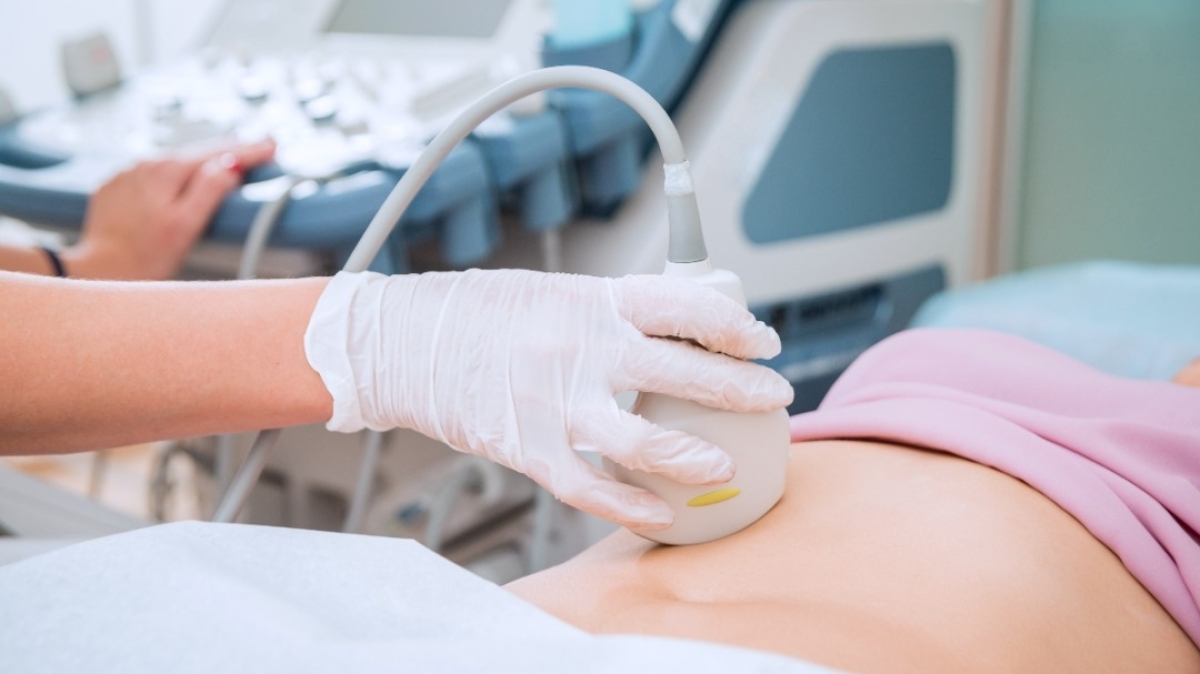What is Upper-Lower Abdomen Ultrasound, and what does it depict?
With Upper-Lower Abdominal Ultrasound, we can visualize all solid organs in the abdomen, specifically the liver, gallbladder, bile ducts, pancreas, spleen, kidneys, urinary bladder, and internal reproductive organs. Moreover, we can reliably study vessels and blood flow without the use of contrast agents.
The use of Elastography in ultrasound allows us to study the liver and diagnose fatty infiltration, fibrosis, chronic liver disease, and cirrhosis. With B-Flow, we can detect vascular flow that cannot be depicted with other techniques, as well as study focal lesions in solid organs. The diagnostic information obtained aids in differentiating benign abnormalities from malignant ones. Comparison with a previous examination is significant.
Is preparation needed for Upper Abdominal Ultrasound?
Yes, Upper-Lower Abdominal Ultrasound requires preparation. To visualize the organs in the Upper Abdomen, the patient should fast for 4-5 hours before the scan so that the gallbladder is dilated, allowing the possible presence of stones and swelling to be depicted.
To visualize the pelvic organs, specifically the prostate in male and the uterus and ovaries in female patients, a relatively full urinary bladder is required. Water accumulated in the urinary bladder facilitates the passage of the ultrasound beam. Therefore, the patient should drink 2 to 3 glasses of water an hour before the examination. Coffee is allowed throughout the day, but without adding milk.
What can I consume for breakfast if my appointment for Upper-Lower Abdominal Ultrasound is in the morning?
If the scheduled appointment for Upper-Lower Abdominal Ultrasound is in the morning, it is essential to drink 2 or 3 glasses of water an hour before the examination and fast until the time of the examination. However, you can consume coffee or tea without adding milk and have a rusk or slice of bread.
How should a child prepare for Upper-Lower Abdominal Ultrasound?
Regarding children, the preparation is similar to that of adults. One hour before the scheduled appointment, the child should drink two or three glasses of water and fast four hours before the examination.




